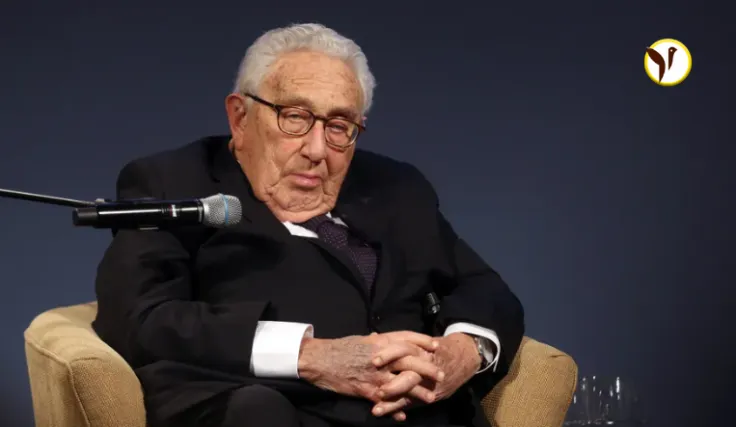Henry Kissinger, the distinguished figure who profoundly influenced U.S. foreign policies and passed away at the age of 100 on Thursday, was born on May 27, 1923, in Fürth, Bavaria, Germany.

Source: Times of Israel
Fleeing Nazi Germany in 1938, Kissinger, a Jewish refugee, excelled academically in the United States, graduating summa cum laude from Harvard College in 1950. Under the mentorship of William Yandell Elliott, he earned his Master of Arts and Doctor of Philosophy at Harvard University in 1951 and 1954, respectively.
From 1969 to 1977, Kissinger played a pivotal role in shaping U.S. foreign policy, initiating détente with the Soviet Union, normalizing relations with the People's Republic of China, mediating in the Middle East during the Yom Kippur War, and negotiating the Paris Peace Accords that concluded American involvement in the Vietnam War.
Despite receiving the 1973 Nobel Peace Prize for his role in negotiating a Vietnam ceasefire, he remained a controversial figure due to his support for anti-communist dictatorships, particularly in Latin America.
Also, Read, Tata Technologies' Phenomenal 140% Surge in Debut Trade Marks Significant Market Entry
Post-government service, Kissinger founded Kissinger Associates, a global geopolitical consulting firm, and authored numerous books on diplomatic history.
Despite reaching 100, he continued to engage in White House meetings, authored a book on leadership, and testified on North Korea's nuclear threat before a Senate committee.
In July, Kissinger made a surprise visit to Beijing, meeting with Chinese President Xi Jinping. A remarkable diplomat, Kissinger's legacy includes efforts to open diplomatic ties with China, landmark U.S.-Soviet arms talks, and peace accords with North Vietnam.
Also, Read, Forbes Makes First 'Hall of Shame' List: Who's In Trouble?







